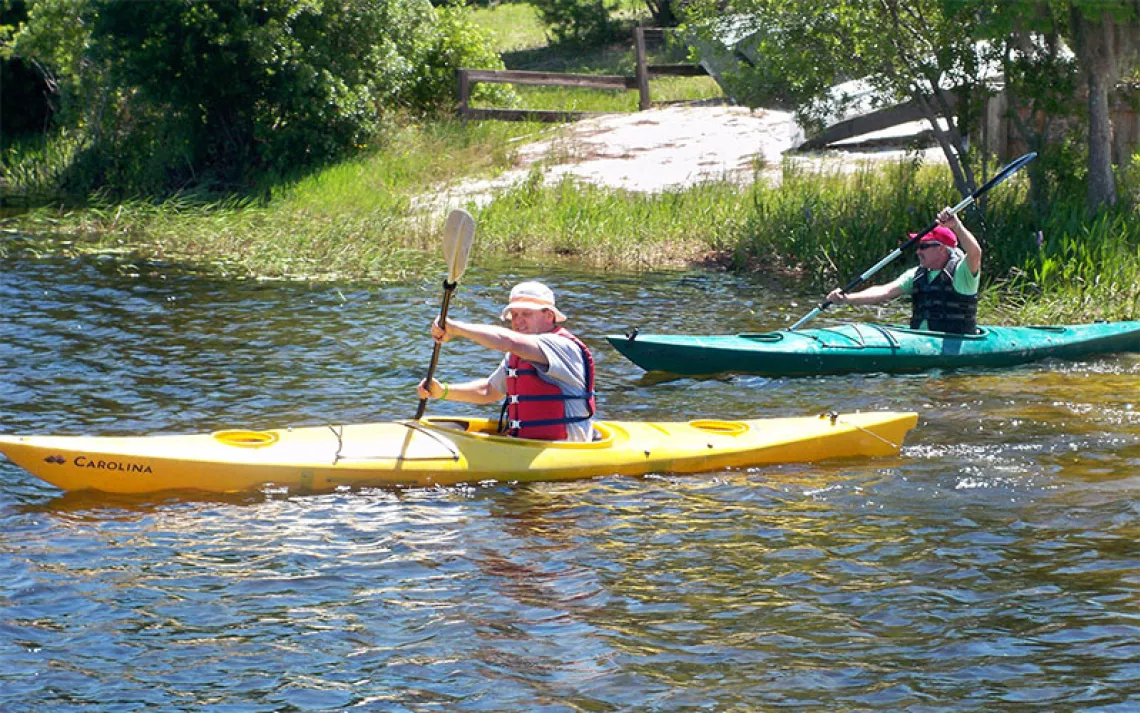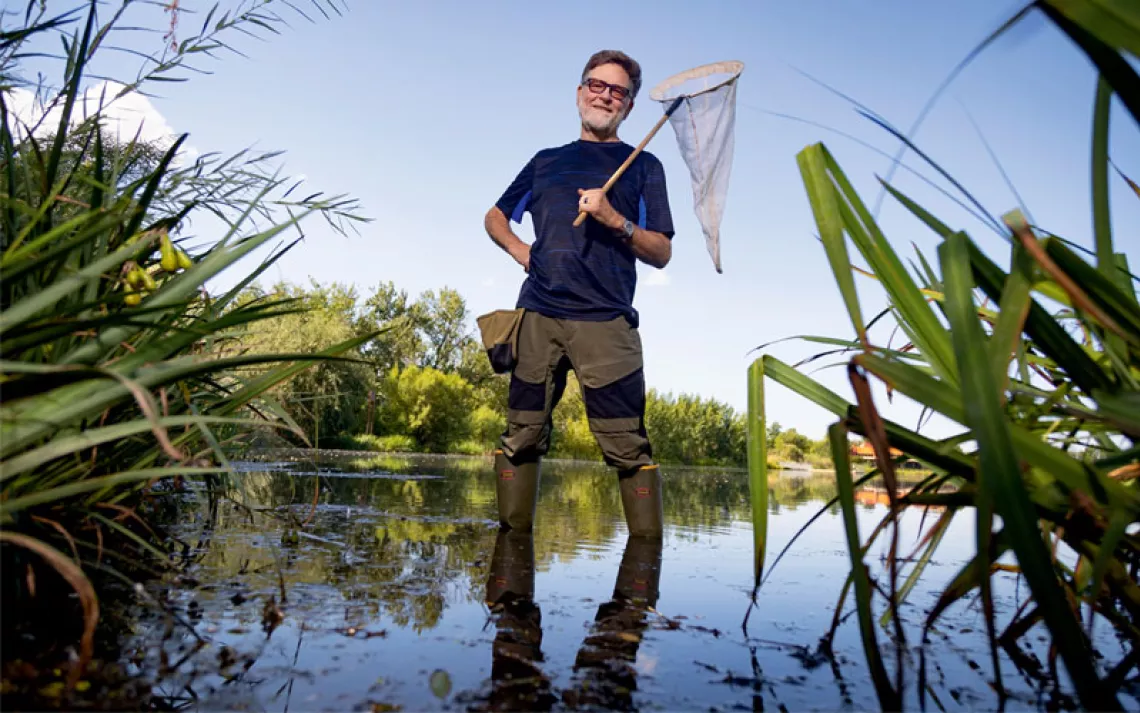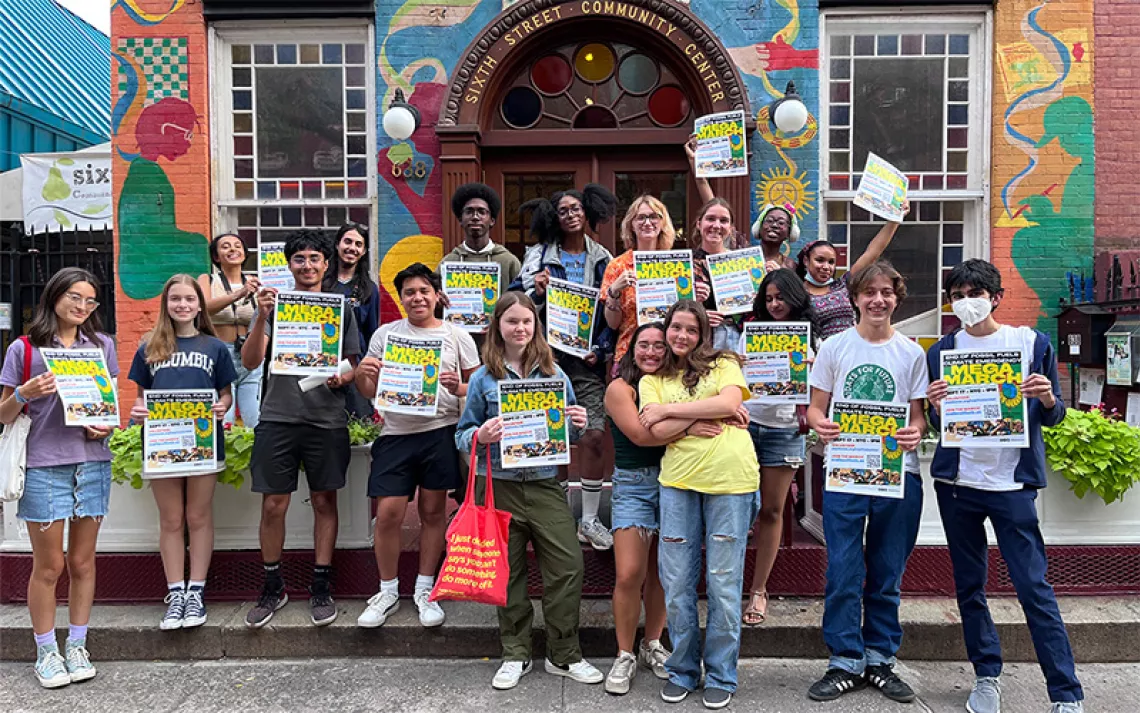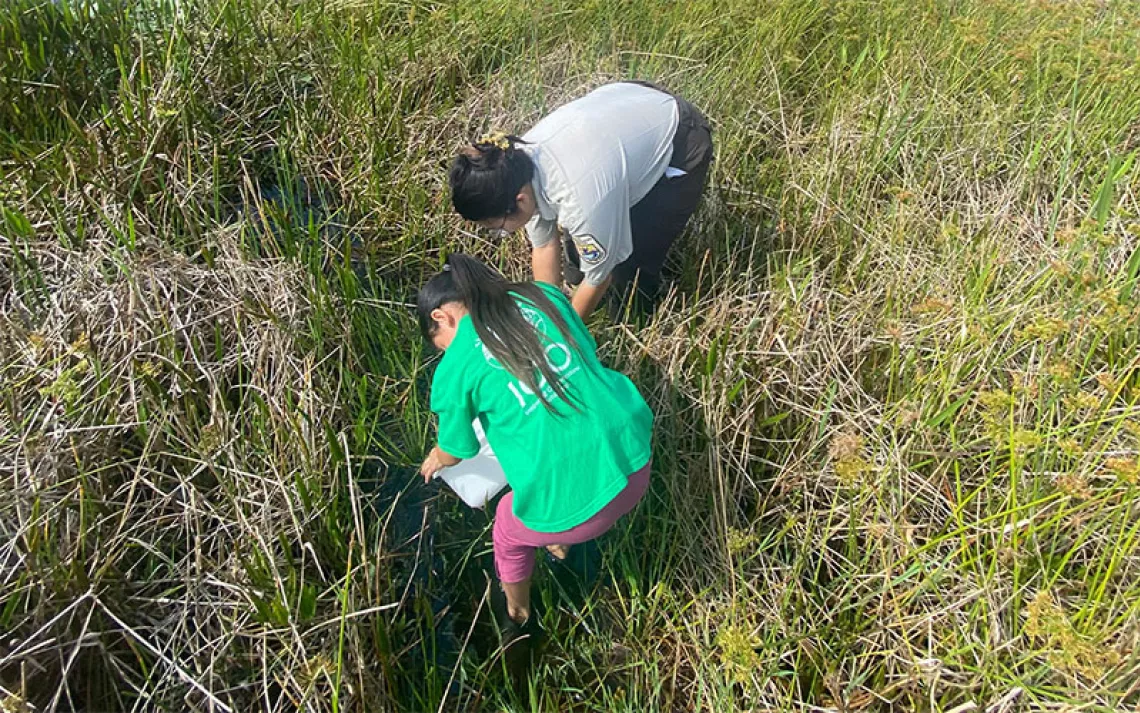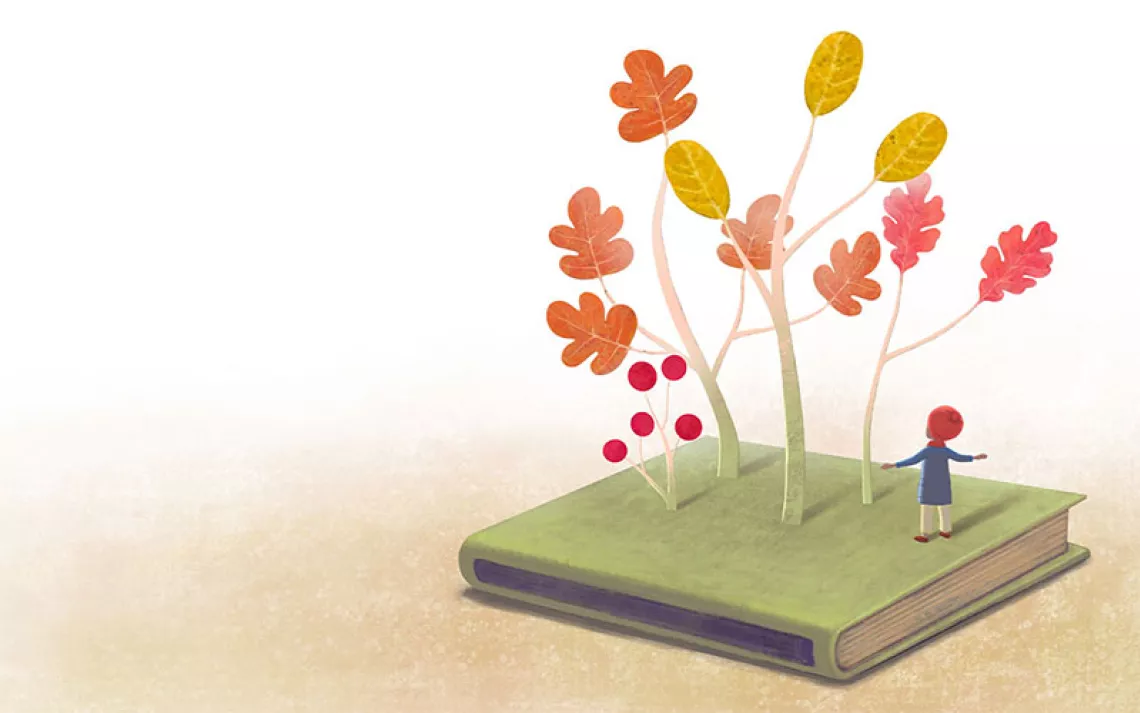Student Environmental Video Contest Inspires Solutions
Kids and teens create shorts that tackle some of the world’s biggest environmental problems

Photo courtesy of World of 7 Billion
Every year the World of 7 Billion student video contest challenges middle and high school students to break down problems like resource depletion and public health and introduce potential strategies to help solve the issues. Sponsored by the Population Connection organization, the contest has 47 judges, who score student videos based on content quality, creativity, originality, and the solution offered. Topics change yearly and have ranged from global poverty to the Holocene extinction.
This year’s categories were more ecologically centered and carry on the recurring theme of the importance of clean water. The three topics students could submit videos about were water scarcity, deforestation, and public health. Almost 2,000 videos were entered, coming from 28 countries and 44 U.S. states and territories.
“This contest creates an opportunity for youth to use videos to highlight some of the environmental and social threats facing our world," John Seager, president of Population Connection, said in a press release. “Every year, participating students from around the country and the world not only share this message but also give us hope with their passion and creativity."
The 2016 high school winners in the water scarcity category, Jacob Furniss-Yesk and Leo Bopp, were encouraged to enter as part of their geography class. “I think I’ve always been interested in that because that’s going to be the most important thing for my generation to figure out,” Furniss-Yesk says. “Our world might truly end if we don’t do anything.”
After doing in-depth research on water scarcity, the duo decided to focus on applying the concept of “reduce, reuse, recycle” to water. One of the best things they learned was that graywater—from sinks, washing machines, and showers—can be reused in irrigation systems.
Another high school winner this year was Joanna Gerr, who took home the prize in the deforestation category. The now MIT freshman was a senior at Thomas Jefferson High School for Science and Technology when she made her video. She discovered the contest through a family friend who knew of her avid interest in animation. Gerr doesn't believe that people think enough about the longer-lasting implications of deforestation. “Out of the three [topics], deforestation gets the least screen time,” Gerr says. Gerr’s video illustrates deforestation and its effects while she narrates facts—“short tidbits that make you go, ‘Wow, this is a problem.’”
Videos from the winners of all three categories can be viewed here.
 The Magazine of The Sierra Club
The Magazine of The Sierra Club
